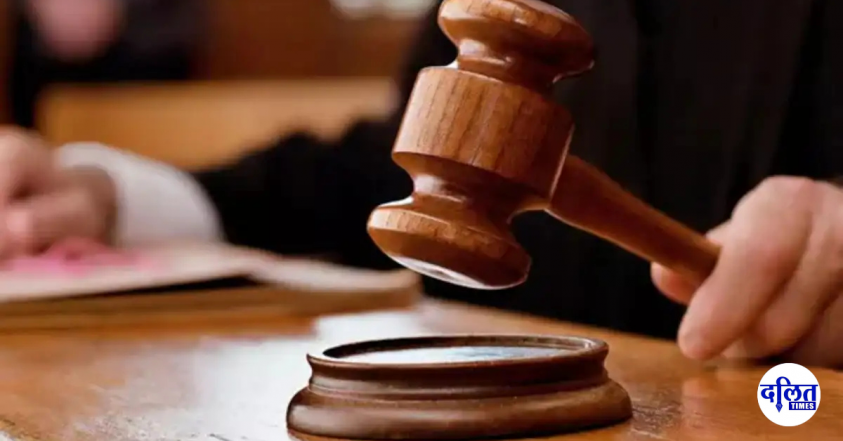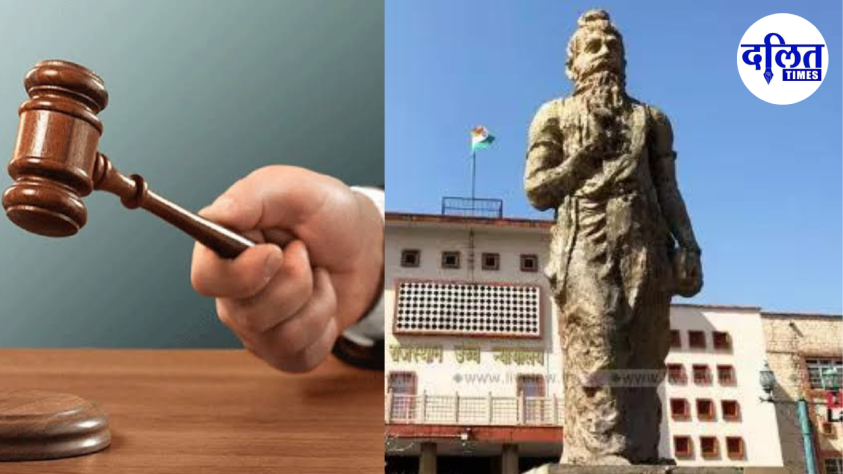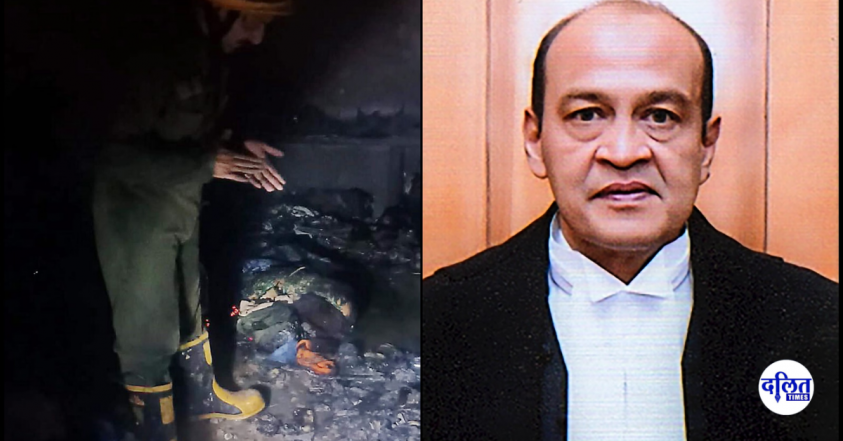In a significant judgment that exposes the deep-rooted caste-based discrimination within the Indian judicial system, the Supreme Court of India has directed the reinstatement of Prem Kumar, a judicial officer from Punjab who was dismissed from service in March 2022 on vague and subjective allegations of “doubtful integrity.” The order came from a bench comprising Justices Surya Kant and N. Kotiswar Singh, which upheld the Punjab and Haryana High Court’s decision to quash his dismissal, affirming that it lacked sufficient grounds and carried the stench of caste bias.
A Life of Merit, Targeted by Prejudice
Prem Kumar’s journey from being the son of a cobbler to becoming an Additional District and Sessions Judge in April 2014 is not just a story of personal achievement. It is a testament to the transformative power of education and constitutional rights for those historically oppressed by the caste system. But this triumph was short-lived. His removal from service in 2022, without any conclusive proof of wrongdoing, raises serious legal and constitutional concerns, particularly when seen in the light of Articles 14, 15, and 16 of the Indian Constitution which guarantee equality before the law, protection from discrimination, and equality of opportunity in public employment.
The Punjab and Haryana High Court, in its detailed judgment, had already observed that the charges against Prem Kumar were vague, lacked documentary support, and appeared disproportionate to the punishment of dismissal. Notably, there was no departmental enquiry establishing misconduct beyond doubt. In administrative law, dismissal without a fair and transparent inquiry violates the principles of natural justice—audi alteram partem (hear the other side) and nemo judex in causa sua (no one should be a judge in their own cause). His removal thus violated procedural due process as laid down in Article 311 of the Constitution, which protects civil servants from arbitrary dismissal.
Also Read : Historic Ascent: Justice Gavai, Ambedkarite Torchbearer, Becomes Chief Justice of India
Judicial Intolerance to Caste Allegations?
What makes this case exceptional—and disturbing—is that the High Court itself appealed against the reinstatement of its own former officer. This institutional resistance to introspection when caste bias is alleged, even subtly, speaks volumes. It illustrates a culture of denial within the judiciary when it comes to acknowledging caste-based discrimination in its own ranks. The Supreme Court’s refusal to entertain the appeal, thereby directing the immediate reinstatement of Prem Kumar, is a powerful judicial affirmation of the constitutional mandate against caste discrimination, even within supposedly ‘meritocratic’ institutions.
Legal Significance and Systemic Implications
The judgment, while brief in its procedural order, carries profound implications. It affirms that:
- Allegations of doubtful integrity cannot be sustained in the absence of proper inquiry and must not be used as a cloak to target individuals from marginalized backgrounds.
- Caste-based discrimination in public service appointments and disciplinary procedures is a violation of constitutional rights, particularly Article 15(2) (prohibiting discrimination by the state) and Article 16(1) (equal opportunity in employment).
- The duty of judicial impartiality and institutional accountability extends not just to judgments passed but to the treatment of judicial officers themselves.
In Indra Sawhney v. Union of India (1992), the Supreme Court acknowledged the historical marginalisation of the Scheduled Castes and the need for positive action. In State of Punjab v. G.S. Gill (1997), it reiterated that service jurisprudence must align with the constitutional values of equality, dignity, and justice. The Prem Kumar case forces the judiciary to confront its own failure to uphold these values internally.
Caste and the Judiciary: A Systemic Malaise
Also Read : Buddha Poornima: A Life of Peace, Sacrifice, and Eternal Truth
Caste-based discrimination in the Indian judiciary remains a largely undocumented and under-discussed reality, despite sporadic incidents that make it to the public domain. From exclusionary appointment processes to social isolation in court culture, Bahujan, Dalit, and Adivasi judges and advocates continue to encounter caste-based humiliation and invisibilization.
This case is not just a vindication for Prem Kumar, but a mirror held up to the judiciary itself. The judiciary must be the first institution to embody the constitutional promise of justice—not only in its rulings, but also in how it treats its own members.
Towards a Caste-Aware Judiciary
As Dr. B.R. Ambedkar rightly said, “Justice has always evoked ideas of equality.” Without confronting caste within its own structures, the judiciary cannot claim to dispense impartial justice. Prem Kumar’s reinstatement is not the end—it must be the beginning of a larger judicial introspection, including:
- Establishing institutional safeguards against caste-based targeting of judicial officers.
- Ensuring transparency and accountability in disciplinary actions.
- Promoting representation of marginalized communities at all levels of the judiciary, including appointments to High Courts and the Supreme Court.
Also Read : Stripped of Dignity, Paraded by Upper Caste: The Public Humiliation of a Dalit Man
In a significant observation, a bench in the Supreme Court comprising Justice Surya Kant and Justice N. Kotiswar Singh raised serious concerns over the inconsistent assessment of a judicial officer’s performance and integrity. The bench noted that while the supervising judge had initially rated the officer’s track record and integrity as “good,” this inexplicably plummeted to “poor with doubtful integrity” the following year—only to dramatically improve again to “good” across both parameters the year after. Calling out this troubling pattern, Justice Surya Kant remarked, “Just because he belongs to a lower caste, he is being targeted. It is a big problem in the High Court. The High Court should be fair in treating its judicial officers.” The court’s statement underscores the structural caste bias entrenched in the judiciary and highlights the urgent need for institutional accountability and caste-sensitive evaluations in judicial promotions and service records.



